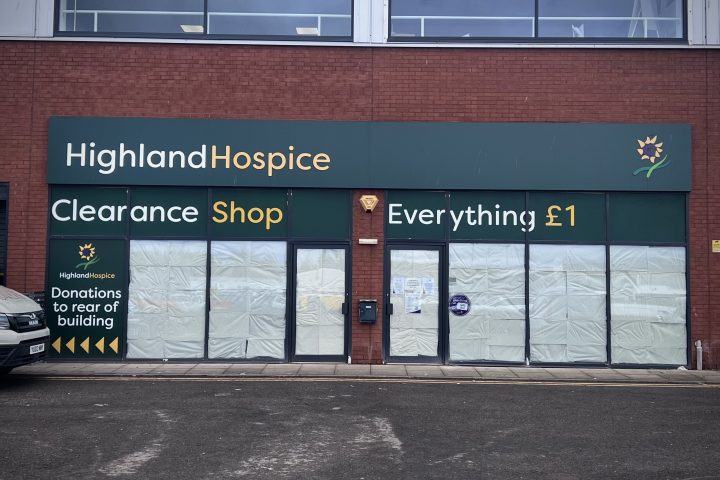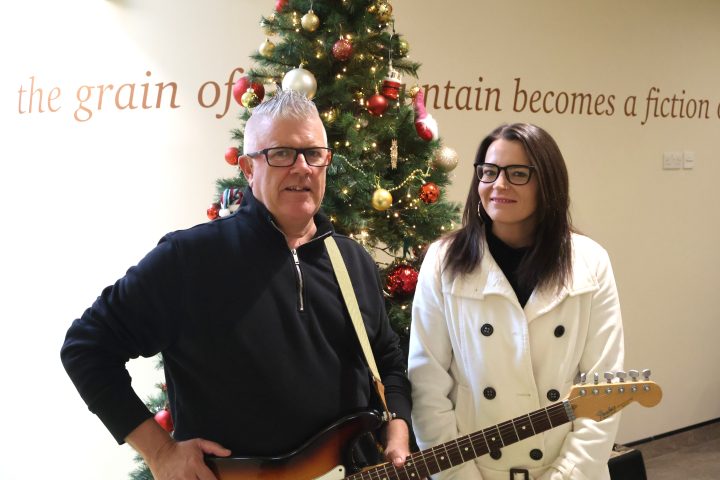Highland Hospice is set to offer a new service for outpatients with the launch of its Netley Day Therapy Centre next month.
The Netley Day Therapy Centre, situated in the Netley Centre of the Hospice in Inverness, is suitable for individuals with an active, progressive, incurable life limiting condition.
The Centre will offer a range of short weekly programmes specifically designed to promote good feeling and to enable people to reach the optimum in health and wellbeing. Courses will include Creative Work (ceramics, painting, jewellery making), Story Telling (sharing and writing stories, memory boxes, creating a family tree), Health and Wellbeing (gentle exercise, nutrition and advice on how to manage troublesome symptoms), Complementary Therapies (aromatherapy, massage, reiki) and Carers’ Support.
The programmes are hosted by members of the Hospice’s multidisciplinary team which comprises a physiotherapist, occupational therapists, nurses, social Worker, chaplain and complementary therapist – each bringing their own specific area of expertise to the activities and interventions on offer. Each course runs for approximately 12 weeks with a 2-hour session each week. Individuals wishing to make use of the Centre can be referred by any healthcare professional and may attend any number of the available weekly sessions.
The Hospice’s existing Day Hospice, which runs as two full day sessions each week, will continue to run in Inverness and its outreach areas.
Highland Hospice’s Director of Clinical and Education Services Paula McCormack said, “Highland Hospice aims to help as many people as possible who would benefit from our care. We currently see patients at a fairly advanced stage of disease, which means that we are often limited in the therapies and interventions we can offer. Our hope is that our new centre will be popular with people at all stages of illness, enabling us to extend our care to many more and helping them to manage their illness in ways they may not have thought of.”
Giridhar Ravi, Highland Hospice’s physiotherapist, agreed saying, “One of the most challenging parts of my role is when I am unable to help a patient due to the stage and complexity of their illness. Seeing individuals at an earlier stage of disease who choose to attend my exercise sessions will mean that I have a far better chance of helping them and enabling them to maintain the skills they are taught.”



